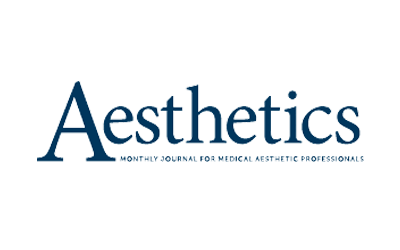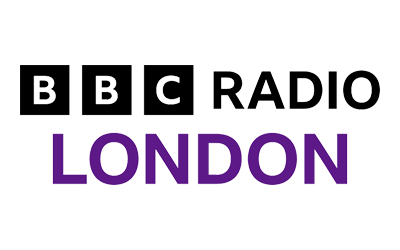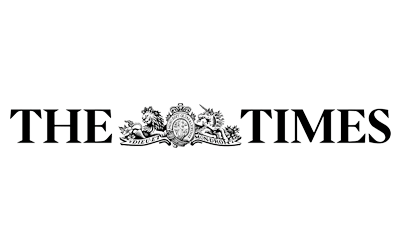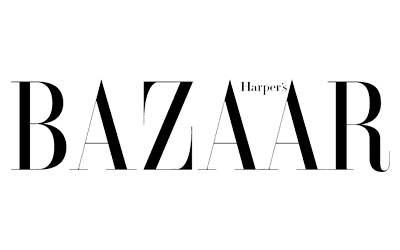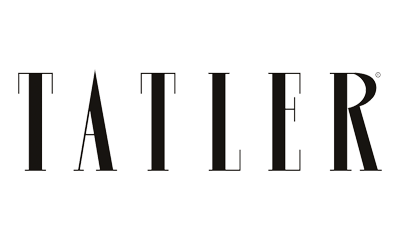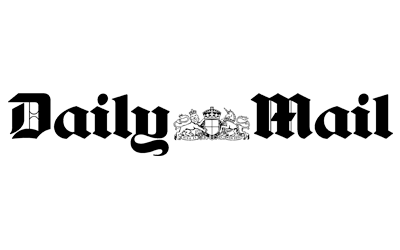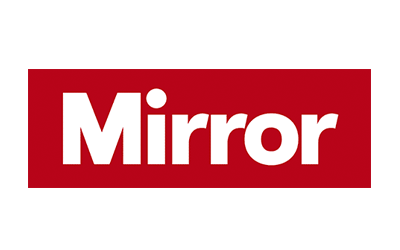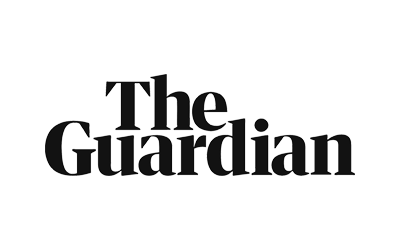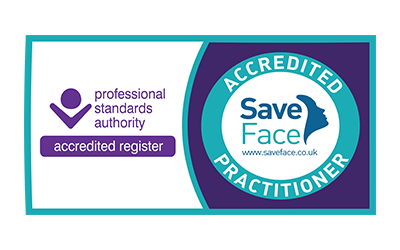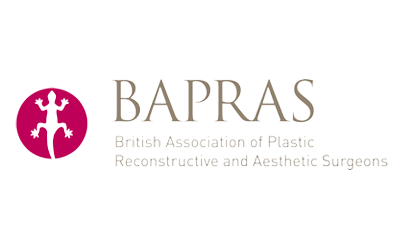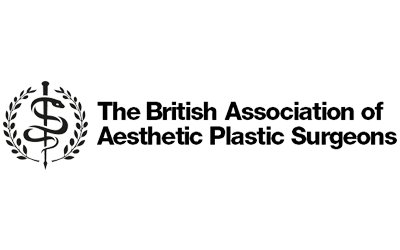One of the most popular surgical procedures, rhinoplasty defines and restructures the nose. Typically, a rhinoplasty – often called a ‘nose job’ – will reduce the size or shape of a large nose, to make it more proportional to the face. An increase in profile or projection can also be achieved.
Rhinoplasty can also correct any breathing impairments and may be necessary to correct any damage following nasal trauma such as a broken nose or damaged septum.
What to expect following your surgery
Following a rhinoplasty, you will need to stay in the clinic overnight, before returning home the following day. You should ask someone to drive you home, then stay with you for around 2 days to help around the house.
Following your surgery:
- You should expect to take at least 2 weeks off work
- You must avoid any strenuous activity for 3-4 weeks
- All contact sports should be avoided for at least 2 months following the procedure
- Try to avoid blowing your nose for at least a week after surgery as this may irritate your nostrils
- Take care around young children or pets in case they unintentionally knock your nose
- When showering or bathing, you must keep your cast dry. You are likely to need help to wash your hair
- You do not need to sleep upright, but use two or three pillows to prop you up in a comfortable position
- Wear loose, comfortable clothing that does not need to be removed over your head
You can wear your glasses over your cast, but once your cast is removed avoid wearing glasses or sunglasses directly on the bridge of your nose for at least 6 weeks, as they can put pressure on your healing nasal bones. Contact lenses may be preferable to glasses during this period, although they may also feel uncomfortable if you have any postoperative swelling around your eyes
Avoid driving completely until your cast has been removed. Ideally, wait at least 7 days following the removal of your cast, as this will ensure any swelling around your eyes has had time to reduce
Will I be in pain after rhinoplasty?
While some discomfort is to be expected following a rhinoplasty procedure, any pain should be minimal and will be managed through medication prescribed by your surgeon.
After surgery, your nose may ache and you may have a headache. It is also common for your nose to feel blocked or stuffy for several weeks after the procedure.
Post-operative bruising and swelling is perfectly normal, particularly in the first 24 hours following a rhinoplasty. Temporary swelling and bruising around your eyes and nose will increase after your surgery, then peak after 2 or 3 days.
Most swelling and bruising should disappear within 2 weeks, although some subtle swelling may remain for several months.
You may have black eyes and swollen eyelids for 1-2 weeks following surgery. Cool compresses placed around your eyes and nose may help to reduce any swelling and discomfort.
Caring for your incisions following a rhinoplasty
Following your rhinoplasty surgery at our London clinic, you will need to look after your incisions until your stitches dissolve or are removed at the clinic:
- Wash your face gently, using a mild cleanser. Do not scrub at the areas where your incisions are located
- Use a saline spray 3 – 4 times per day for the first 1 – 2 weeks after your surgery. This will help to reduce bleeding in your nostrils and keep your nose clean
- Apply antibiotic ointment to your stitches at least three times per day
- Avoid using make up on your incisions until your stitches have been removed or have fully dissolved
Here at Karidis Clinic, we offer a range of rhinoplasty surgeries including revision rhinoplasty, tip rhinoplasty and male nose surgery.

